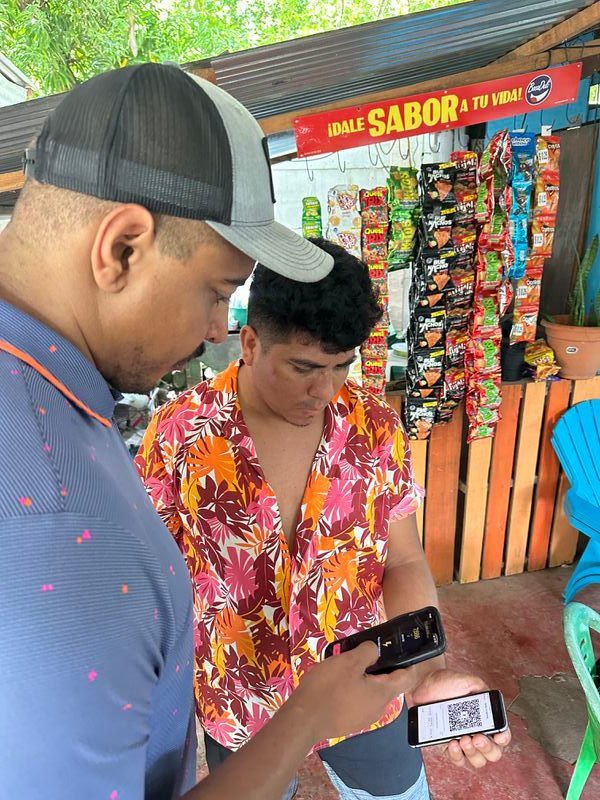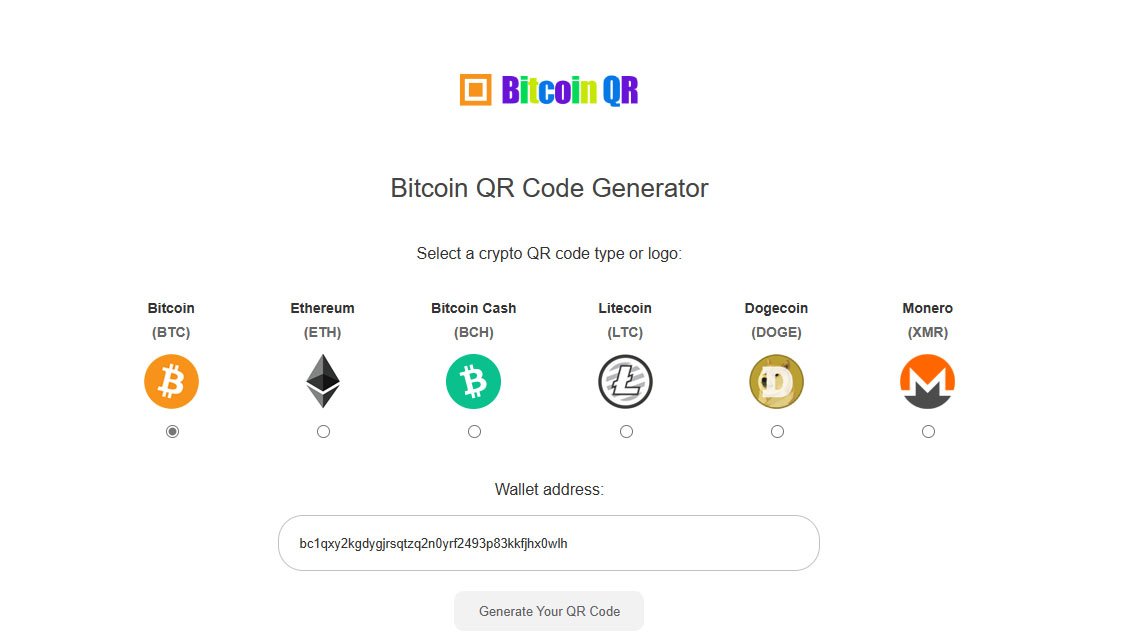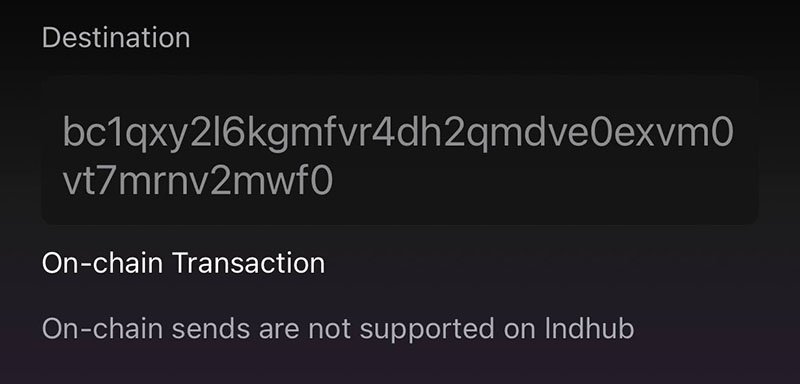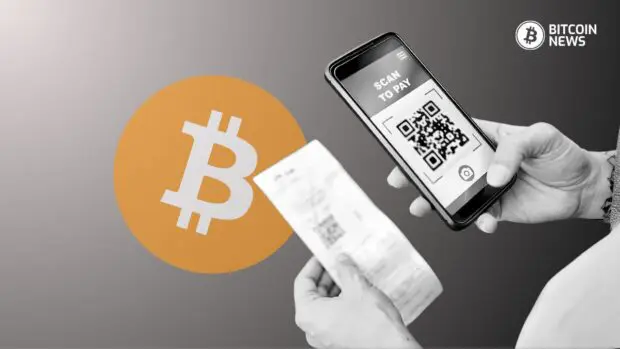The Bitcoin QR code adoption has revolutionize transactions, enhancing efficiency and fostering a circular economy. Yet, they also pose security risks, demanding user vigilance. This article navigates the complexities of Bitcoin QR adoption, urging caution alongside innovation.
A Simple And Efficient Payment System
Leveraging Quick Response (QR) codes, users can seamlessly transfer bitcoin with unprecedented ease and efficiency. These two-dimensional barcodes store crucial transaction details, such as Bitcoin addresses and amounts, enabling swift scanning by smartphones and other devices equipped with cameras. The significance of Bitcoin QR adoption lies in its multifaceted benefits.
Firstly, QR codes offer unparalleled convenience by eliminating the need for cumbersome manual entry of lengthy Bitcoin addresses. Furthermore, QR codes enhance security measures, mitigating the risk of errors that often plague manual input. Mistyping an address could lead to an invalid address, or to funds being sent erroneously, but QR codes drastically reduce such risks.
In addition to convenience and security, QR codes contribute to an enhanced user experience, particularly in retail settings. Merchants can effortlessly display QR codes for customers to scan, facilitating seamless in-person Bitcoin payments without the hassle of address entry.
The Circular Economy Behind It
The adoption of Bitcoin QR codes is not only transforming transactional efficiency but also fosters the development of a circular economy within the Bitcoin ecosystem. At its core, a circular economy aims to minimize waste and maximize the reuse and recycling of resources, creating a sustainable and regenerative economic model.
Bitcoin Beach in El Salvador is a pioneering initiative that aims to promote financial inclusion and economic empowerment through the use of Bitcoin. Located in the coastal town of El Zonte, Bitcoin Beach has become a symbol of innovation and progress in the Bitcoin space.

Another bitcoin economy is the Bitcoin Jungle, situated in the lush landscapes of Costa Rica. It serves as a hub for Bitcoin enthusiasts and advocates, fostering a culture of innovation and collaboration.
The Bitcoin QR Code Scams
Bitcoin QR code scams have unfortunately become prevalent, exploiting the convenience and trust associated with QR code technology. These scams typically involve the creation of counterfeit QR codes that misdirect Bitcoin transactions, resulting in financial losses for unsuspecting users.
Related reading: Everyone’s a Scammer
One common type of Bitcoin QR code scam involves replacing legitimate QR codes with fraudulent ones, either through tampering with physical materials or through digital manipulation.
Another form of QR code scam involves the distribution of fake QR codes through phishing emails, social media posts, or malicious websites. These QR codes often promise lucrative investment opportunities or rewards but ultimately lead users to send bitcoin to the scammer’s address, with no chance of recovery.
Furthermore, QR code scams can exploit vulnerabilities in mobile wallet apps or QR code scanning software, allowing attackers to intercept legitimate transactions and redirect funds to their wallets. Educating users about the potential risks associated with QR code technology and promoting awareness of common scam tactics are essential steps in combating Bitcoin QR code scams.
“If a QR code leads you to a Bitcoin ATM at a gas station, it’s a scam”
– Source: Malwarebytes.com
Beware of Bitcoin QR Code Generator Websites
Certain Bitcoin QR code generator websites employ a deceptively simple yet highly effective trick. Upon entering your Bitcoin address, they purportedly generate a QR code for you. However, the scam lies in the fact that the QR code generated doesn’t lead to your Bitcoin address but redirects to the scammer’s address instead.
Here’s a crucial rule of thumb: refrain from generating QR codes on websites. Instead, opt to do it directly from the wallet where your Bitcoin is stored. Should you encounter websites offering this service, exercise caution and abstain from providing your Bitcoin address.
This precautionary measure helps safeguard against falling victim to QR code-related scams, ensuring the security of your bitcoin holdings.



Conclusion
The widespread adoption of Bitcoin QR codes has significantly enhanced transactional efficiency within the Bitcoin ecosystem. However, this convenience has also brought about increased risks of falling victim to scams. From counterfeit QR codes to phishing schemes, users must remain vigilant to safeguard their transactions and assets.
As Bitcoin QR adoption continues to grow, it plays a crucial role in fostering a circular economy within the Bitcoin ecosystem. Despite the benefits they offer, users must prioritize security, verify QR codes, and promote awareness to navigate securely and contribute to a resilient circular economy.










